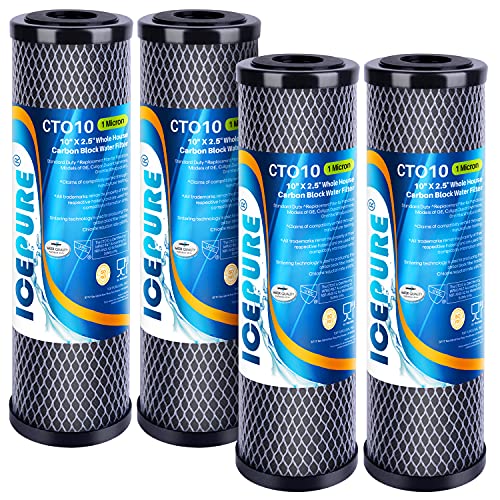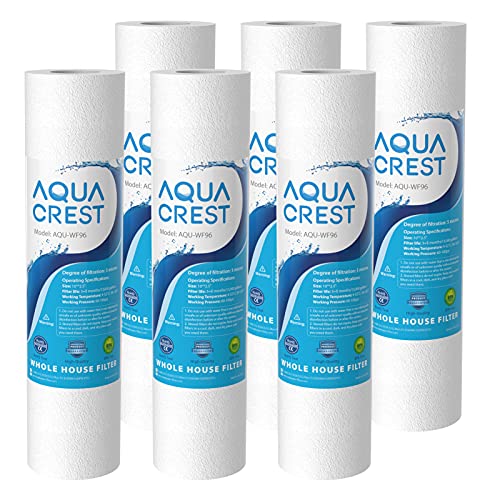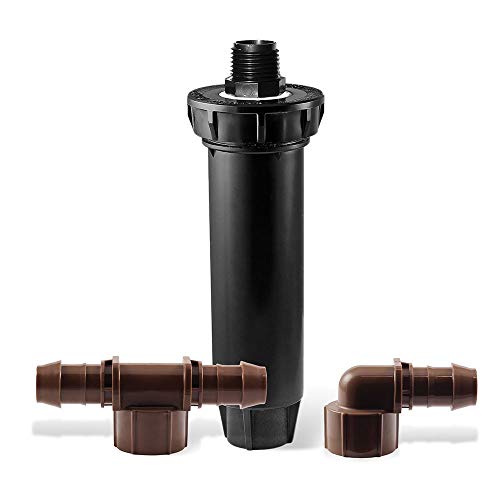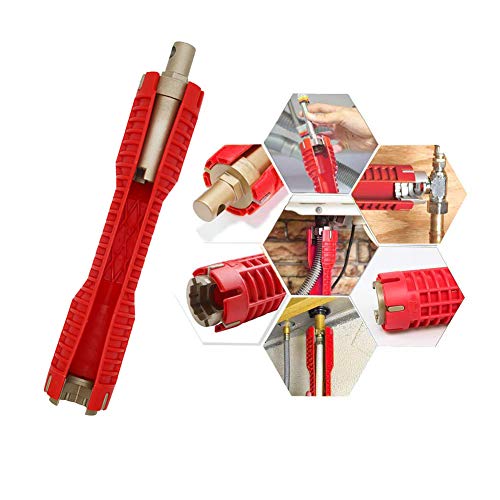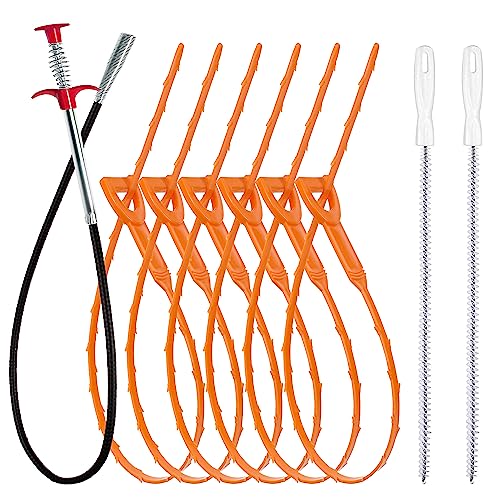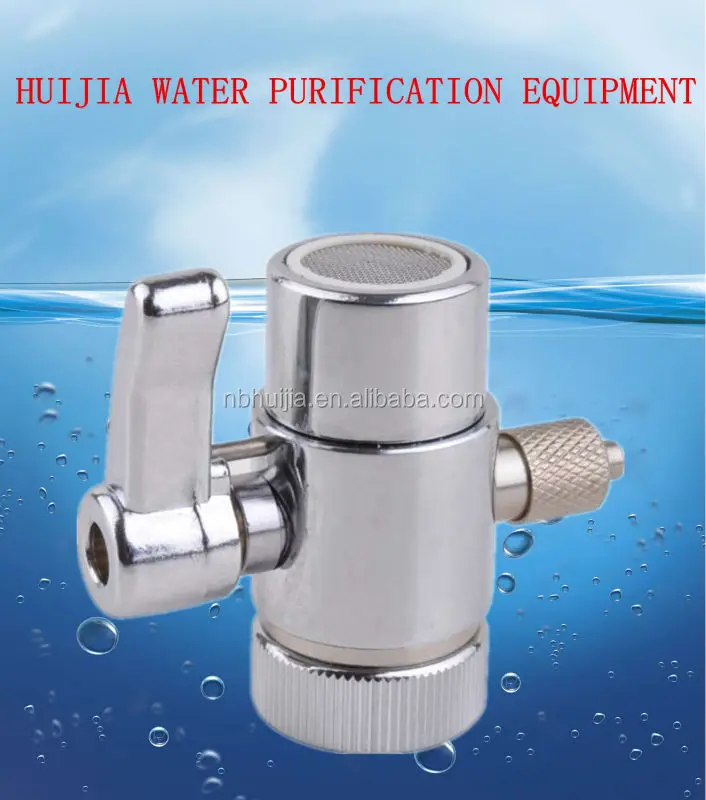pasadena_commut
Well-Known Member
The faucet on our kitchen sink is a single handle Delta. It looks like this:
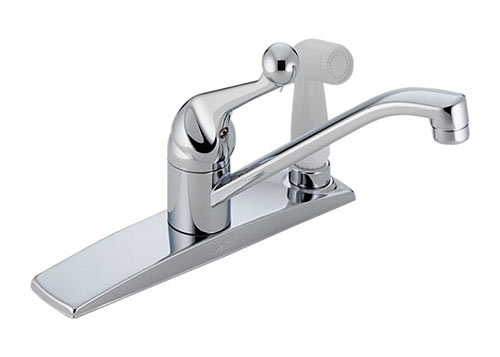
The ball and seals have been replaced at least 6 times over the last 20 years and now there is something screwed up in the socket somehow so that it will only close with the handle at a slight angle up towards hot, even with all new parts. I would love to remove it and put in something better (and more reliable) but it is one of those situations where the back of the sink is only a couple of inches from the wall, so one must work in a deep narrow slot. Looking up (with a mirror and flashlight) the hoses on each side disappear into a mess of calcium deposits and corrosion. Ditto for the nuts which hold the faucet in place. I'm not at all sure that I can remove all of those pieces with a closet wrench and I sure don't want to try and fail, leaving an unusable sink. Pulling the whole sink isn't going to be easy either, as it is tiled in place.
I thought about using a sawz-all to cut the faucet off from the top (run the blade across underneath it) but it seems that is pretty much guaranteed to destroy the surface of the sink itself.
Is there some other trick for removing one of these things from the top?

The ball and seals have been replaced at least 6 times over the last 20 years and now there is something screwed up in the socket somehow so that it will only close with the handle at a slight angle up towards hot, even with all new parts. I would love to remove it and put in something better (and more reliable) but it is one of those situations where the back of the sink is only a couple of inches from the wall, so one must work in a deep narrow slot. Looking up (with a mirror and flashlight) the hoses on each side disappear into a mess of calcium deposits and corrosion. Ditto for the nuts which hold the faucet in place. I'm not at all sure that I can remove all of those pieces with a closet wrench and I sure don't want to try and fail, leaving an unusable sink. Pulling the whole sink isn't going to be easy either, as it is tiled in place.
I thought about using a sawz-all to cut the faucet off from the top (run the blade across underneath it) but it seems that is pretty much guaranteed to destroy the surface of the sink itself.
Is there some other trick for removing one of these things from the top?







